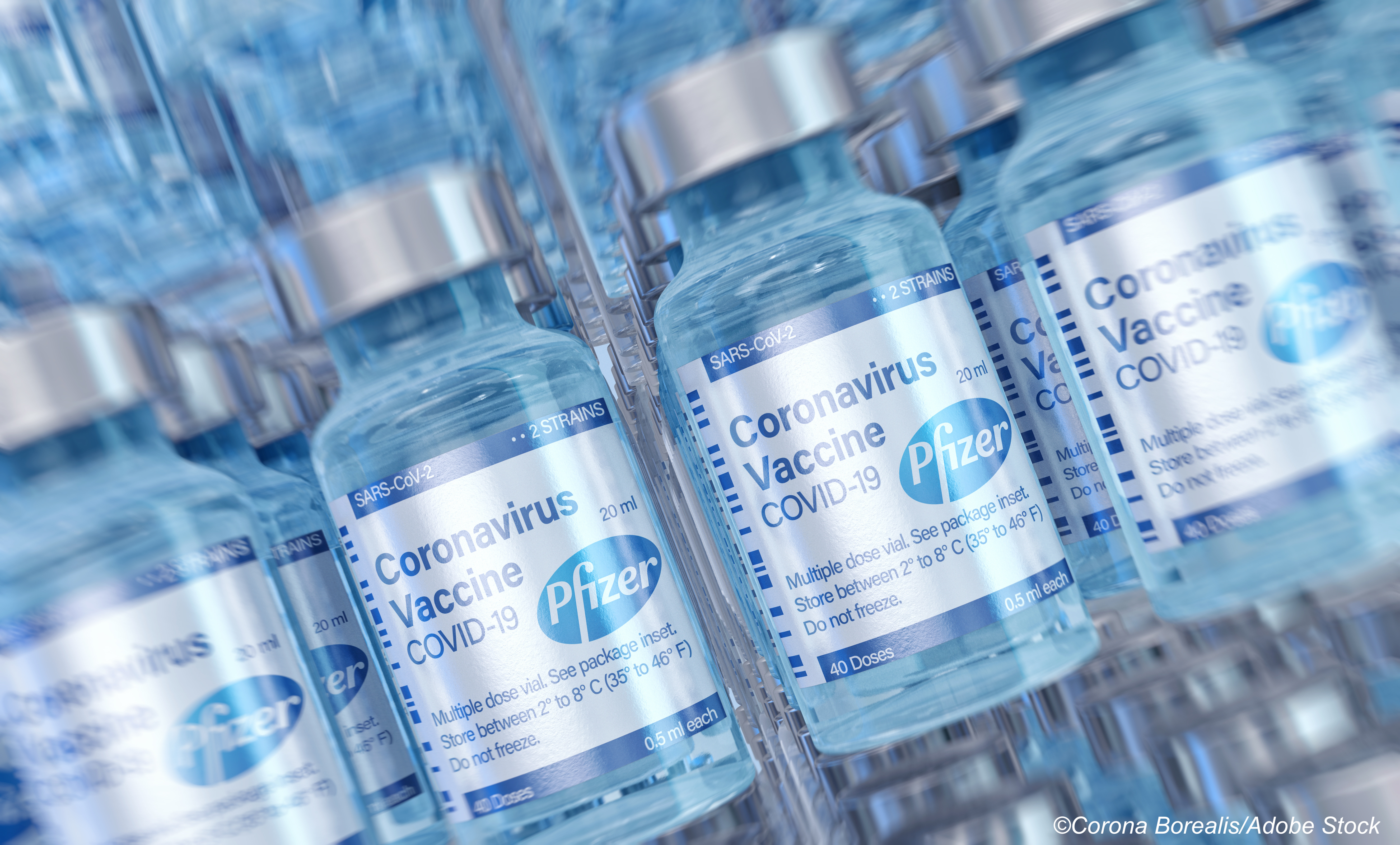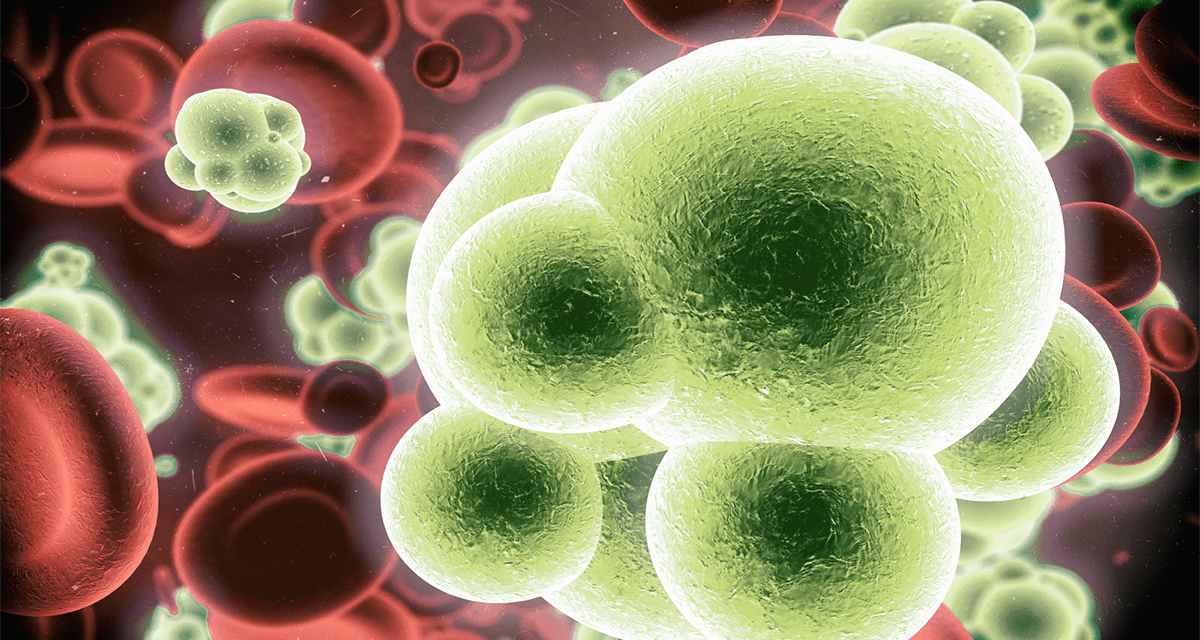
Pfizer and BioNTech are likely to seek a new emergency use authorization (EUA) from the FDA for booster doses of their Covid-19 vaccine, BNT162b2, and this time they are looking to get an authorization for anyone 18 years of age or older.
The BNT162b2 vaccine has been before the FDA—and the CDC—several times in the past few months. At the end of September, the FDA authorized booster doses of the vaccine for individuals age 65 and older, individuals age 18-16 at high-risk for severe Covid-19 infection, and individuals age 18-64 facing an increased risk of severe Covid complications due to institutional or occupational exposure. Then, less than a week ago, the FDA granted an EUA for the shot to be given to all kids ages 5-11, making BNT162b2 the first Covid-19 vaccine authorized for use in this age group.
Now, according to three officials familiar with the situation—who spoke on the condition of anonymity, as they were not authorized to discuss the issue—Pfizer and BioNTech are lining up to get their booster back in front of the FDA to get an authorization for extra shots for all individuals ages 18 and older. And this time, the FDA is likely to grant the request, those sources told the Washington Post.
Pfizer spokesman Kit Longley declined to confirm any plans for a new EUA submission. The vaccine’s manufacturers, however, recently announced updated results from a phase III trial of the 30 μg BNT162b2 booster dose. According to those results, which have yet to be peer reviewed, “a booster dose administered to individuals who previously received the Pfizer-BioNTech primary two-dose series restored vaccine protection against Covid-19 to the high levels achieved after the second dose.” The manufacturer noted that it would look to share this new trial data with the FDA, European Medicines Agency, and other regulatory bodies “as soon as possible.”
In the trial, participants were randomized 1:1 to receive either a 30-μg booster or placebo; the median time between second dose and booster/placebo dose was approximately 11 months.
“Symptomatic Covid-19 occurrence was measured from at least 7 days after booster or placebo, with a median follow-up of 2.5 months,” the manufacturer wrote. “During the study period, there were 5 cases of Covid-19 in the booster group, and 109 cases in the non-boosted group. The observed relative vaccine efficacy of 95.6% (95% CI: 89.3, 98.6) reflects the reduction in disease occurrence in the boosted group versus the non-boosted group in those without evidence of prior SARS-CoV-2 infection. Median age of participants was 53 years, with 55.5% of participants between 16 and 55 years, and 23.3% of participants 65 years and older. Multiple subgroup analyses showed efficacy was consistent irrespective of age, sex, race, ethnicity, or comorbid conditions.”
The adverse event profile of the booster dose was consistent with that of the primary vaccine series.
“These results provide further evidence of the benefits of boosters as we aim to keep people well-protected against this disease,” said Albert Bourla, Chairman and Chief Executive Officer, Pfizer, in the company’s trial announcement. “In addition to our efforts to increase global access and uptake among the unvaccinated, we believe boosters have a critical role to play in addressing the ongoing public health threat of this pandemic. We look forward to sharing these data with health authorities and working together to determine how they can be used to support the rollout of booster doses around the world.”
John McKenna, Associate Editor, BreakingMED™
Cat ID: 31
Topic ID: 79,31,730,933,31,926,192,561,927,151,725,928,925,934


